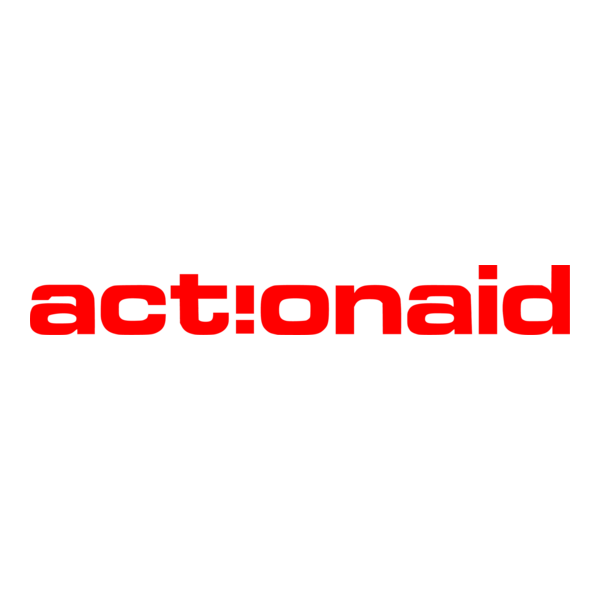Foreign aid to Bangladesh’s development sector is shrinking fast and development leaders on Monday called for urgent reforms to funding models and a shift toward self-reliance, domestic resource mobilisation and sustainable local solutions.
“Communities, particularly women and children, are bearing the brunt of shrinking foreign aid,” said ActionAid Bangladesh Country Director Farah Kabir, who moderated the roundtable titled ‘Strengthening Community Support amid Changing Funding Landscapes’.
“We must now shift from dependency to dignity by mobilising domestic resources, expanding corporate social responsibility, investing in digital advocacy, and strengthening South–South cooperation,” she added.
“Civil Society Organisations (CSOs) must build internal funds and restore trust with communities,” said BRAC Senior Director, Advocacy for Social Change KAM Morshed. He stressed legal reforms including tax exemptions for donations and easing public-private partnership rules.
“CSOs should evolve into credible development actors, not remain limited to microfinance roles.”
“Bangladesh Bank failed to secure Green Climate Fund accreditation, and the Department of Environment receives just 0.38% of the national budget,” said Nature Conservation Management Executive Director S.M. Munjurul Hannan Khan.
He flagged weak institutional capacity and poor community representation as key barriers.
“To remain relevant and resilient, CSOs must embrace outcome-based development and reduce duplicative efforts,” said Centre for Policy Dialogue Research Director Dr Khondaker Golam Moazzem, calling for closer ties with the Economic Relations Division and technology-driven approaches.
“The global landscape is shifting fast. CSOs must move away from short-term grants toward long-term, sustainable models,” said Ministry of Foreign Affairs Senior Assistant Secretary Md Aminul Islam, urging an overhaul of outdated financing frameworks.
“Official development assistance is being relabelled as climate finance without transparency or readiness,” said Change Initiative Executive Director Zakir Hossain Khan.
He suggested lobbying for carbon taxation, enhancing local fundraising, and using innovative models like resource recycling.
“Providing NGOs access to surplus government assets would boost service delivery,” said Department of Women Affairs Assistant Director Syeda Nasrina Parvin, but noted that corruption remains a major hurdle. “Governance and mutual accountability must improve.”
“Funding is at the heart of our work, and self-reliance is no longer optional, it is essential,” said ActionAid International Bangladesh Society Chairperson Ibrahim Khalil Al-Zayad. He urged the government to allow diaspora funding under the foreign ministry, introduce tax incentives for donations, and tap into the dormant $7 billion Zakat fund.
The roundtable, held at BRAC Centre Inn in Dhaka and organised by ActionAid Bangladesh, concluded with calls for a mandatory CSR policy, better NGO governance, and clear PPP frameworks in healthcare, education, and climate resilience.


